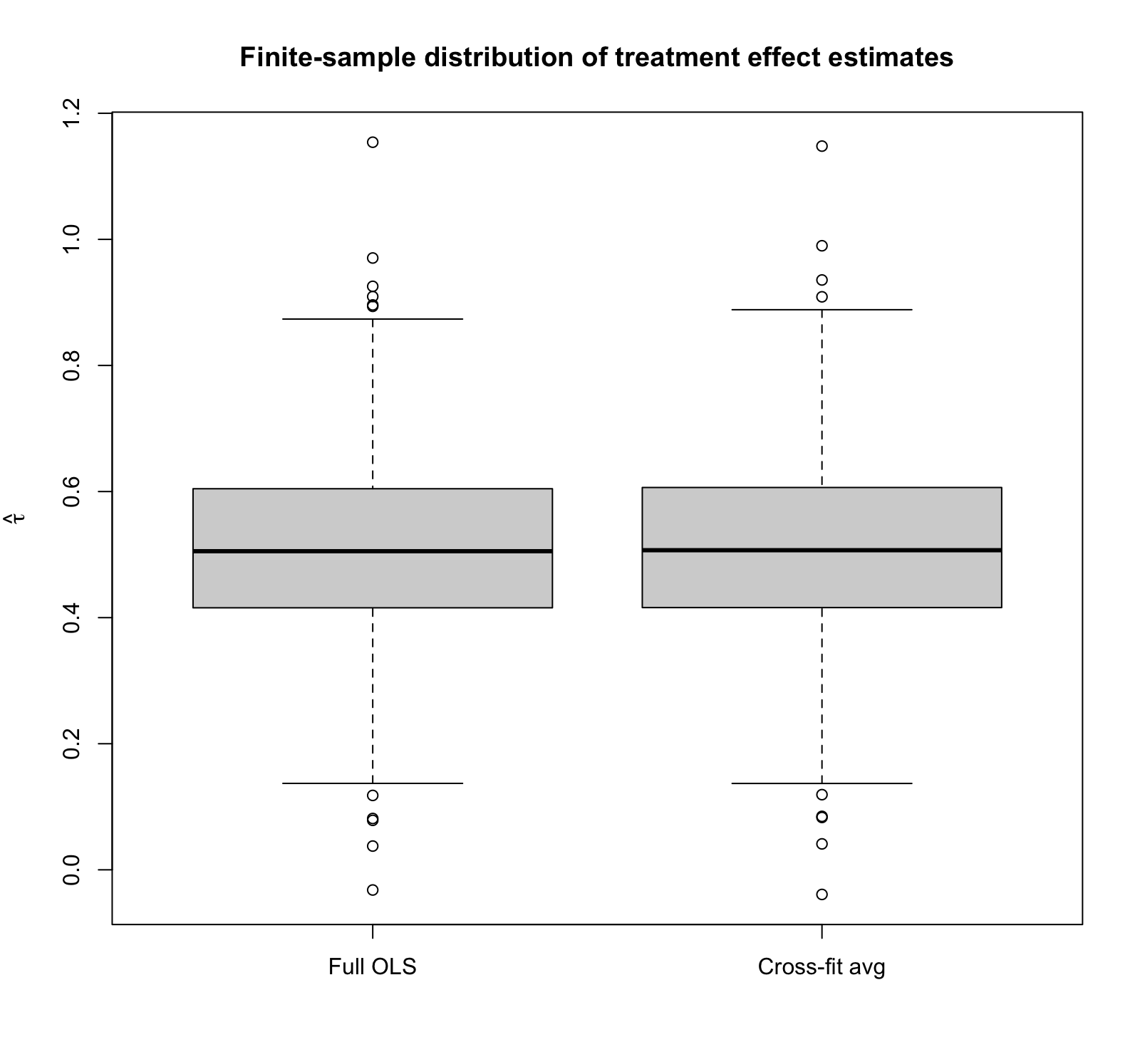
Blog
-

When treatment assignment is randomized, one model that people often use for estimating treatment effects is (sometimes called the ANCOVA II model), where is the binary treatment indicator (1 if unit is treated, 0 if not), is a vector of…
-
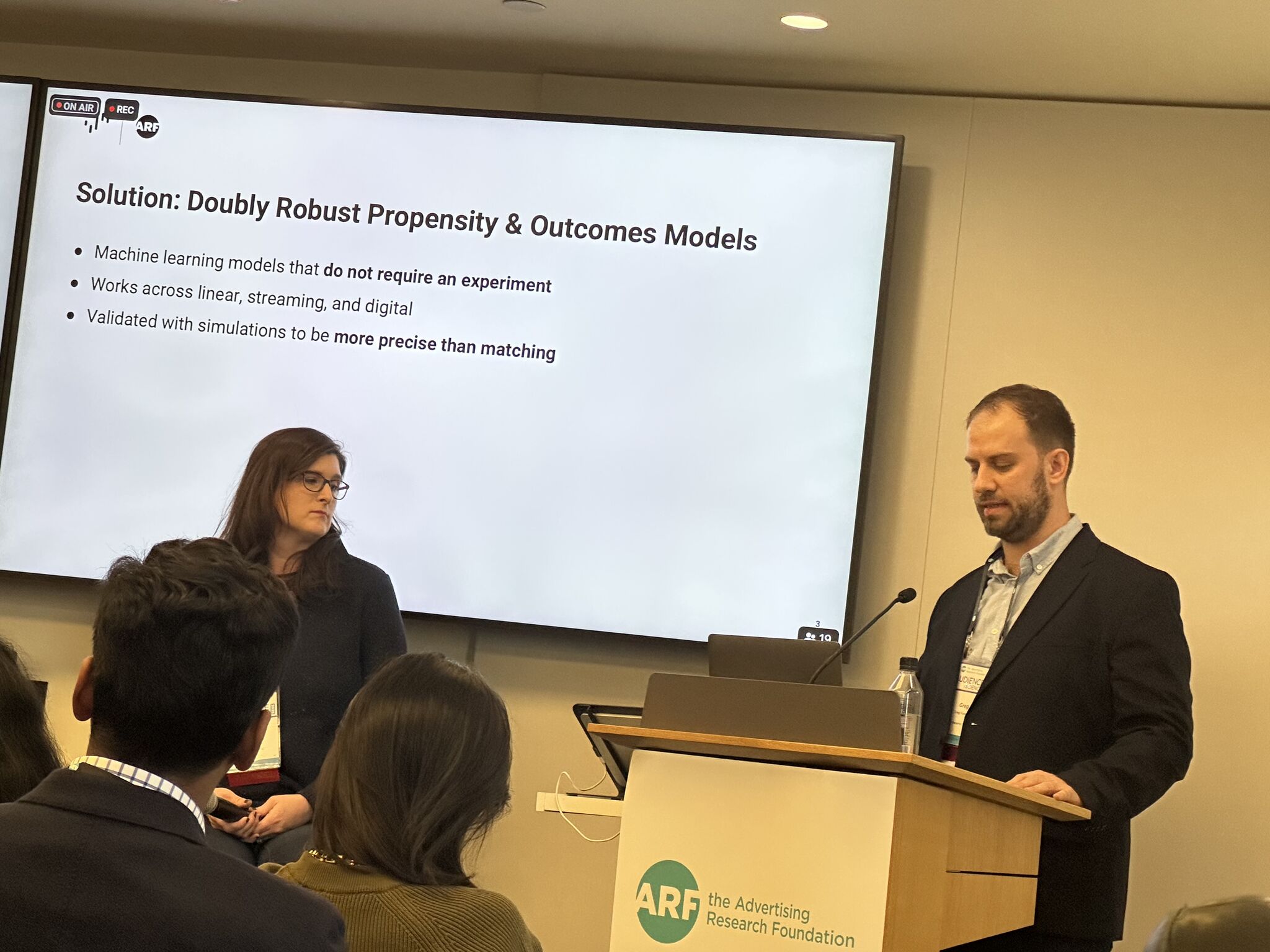
Presentation at the Advertising Research Foundation’s AUDIENCExSCIENCE Conference
On Tuesday, I gave a talk (jointly with Katy Mitchell) titled “Innovations in Cross-Screen Incremental Outcome Measurement” at the Advertising Research Foundation‘s 2025 AUDIENCExSCIENCE Conference. The main topic was the methodology I’ve been developing at VideoAmp for measuring incremental conversions…
-

The {fetwfe} R package is now available on CRAN!
{fetwfe} is now available on CRAN! You can now install {fetwfe} by simply using You can always access the latest development version using In the process of preparing the package for CRAN, I also fixed a couple little bugs and…
-
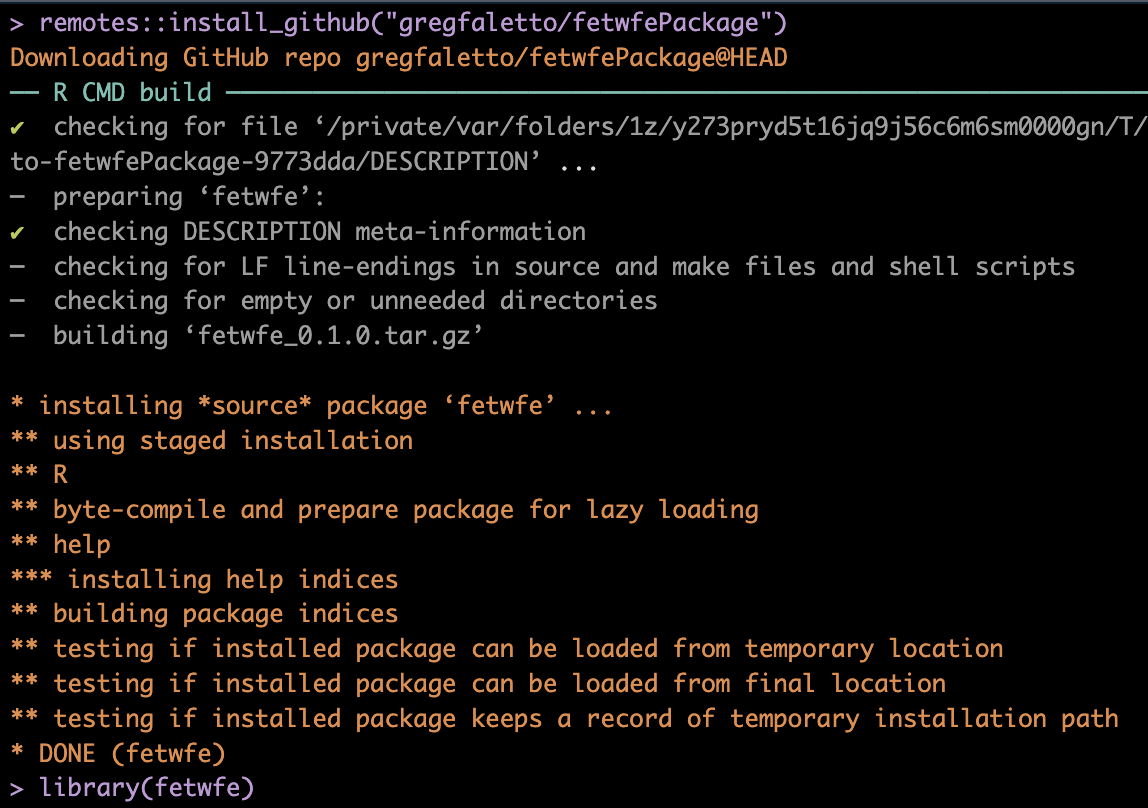
New R {fetwfe} Package Implementing Fused Extended Two-Way Fixed Effects
I’m excited to announce that an R package {fewtfe} implementing fused extended two-way fixed effects is now available on my GitHub! To install it, simply use The function fetwfe() in the package takes in a panel data set and does…
-
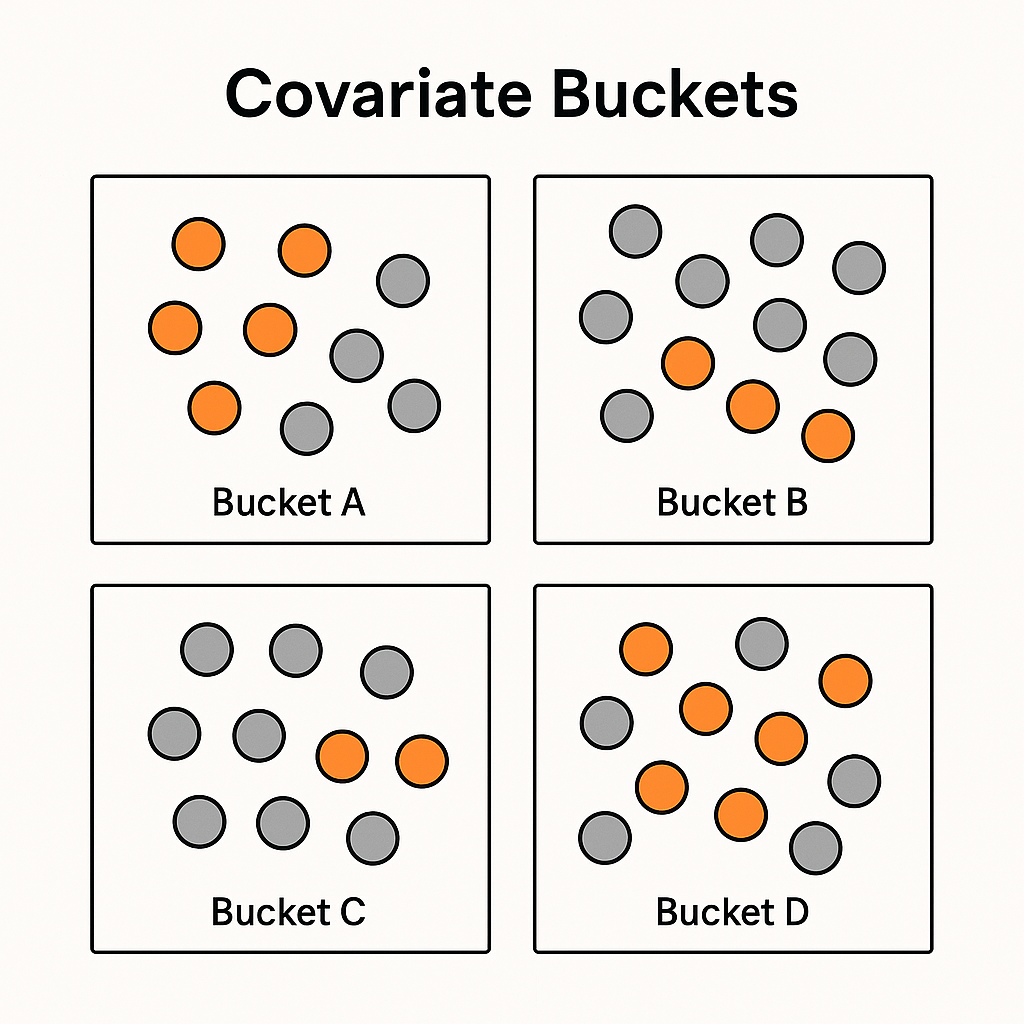
Causal Inference Notation and Concepts
In this post, I’m going to expand on the basics I laid out more informally here. I’m going to define some commonly used notation and key terms that I plan to use as other posts, so that this post can…
-

Explaining vs. Predicting
I came across two nice written pieces recently. These and other closely related points have been made for a long time, and I’ve made related points before. I think it’s an underappreciated and somewhat counterintuitive point, so I like to…
-

Confidence Intervals
On Friday, I responded to a prompt on the platform formerly known as Twitter asking for controversial statistics opinions. I offered one of my own: This take did prove controversial—I saw people some people I consider very smart who agreed…
-
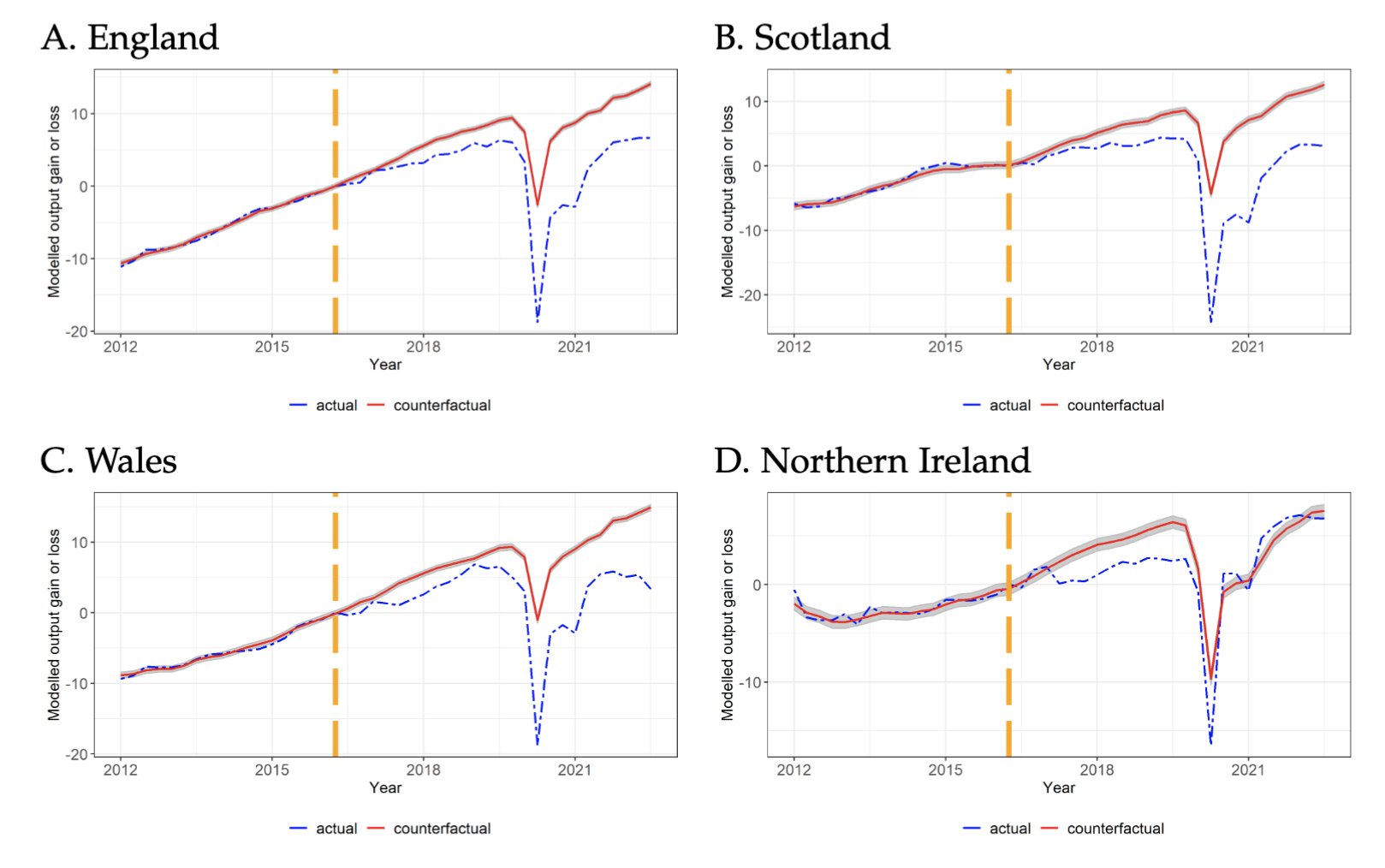
Causal Inference Basics
The goal of causal inference is to understand the effect of an intervention. We want to estimate the difference between what happens if people receive a treatment compared to what would have happened if they hadn’t been treated. Some examples…
-

Workshop for Ukraine: Conducting Synthetic Data Experiments in R
On Thursday, I led a workshop on conducting synthetic data experiments (simulation studies) in R to raise money to support Ukraine. It was a lot of fun walking through what simulations studies are, why you might want to conduct one,…
-
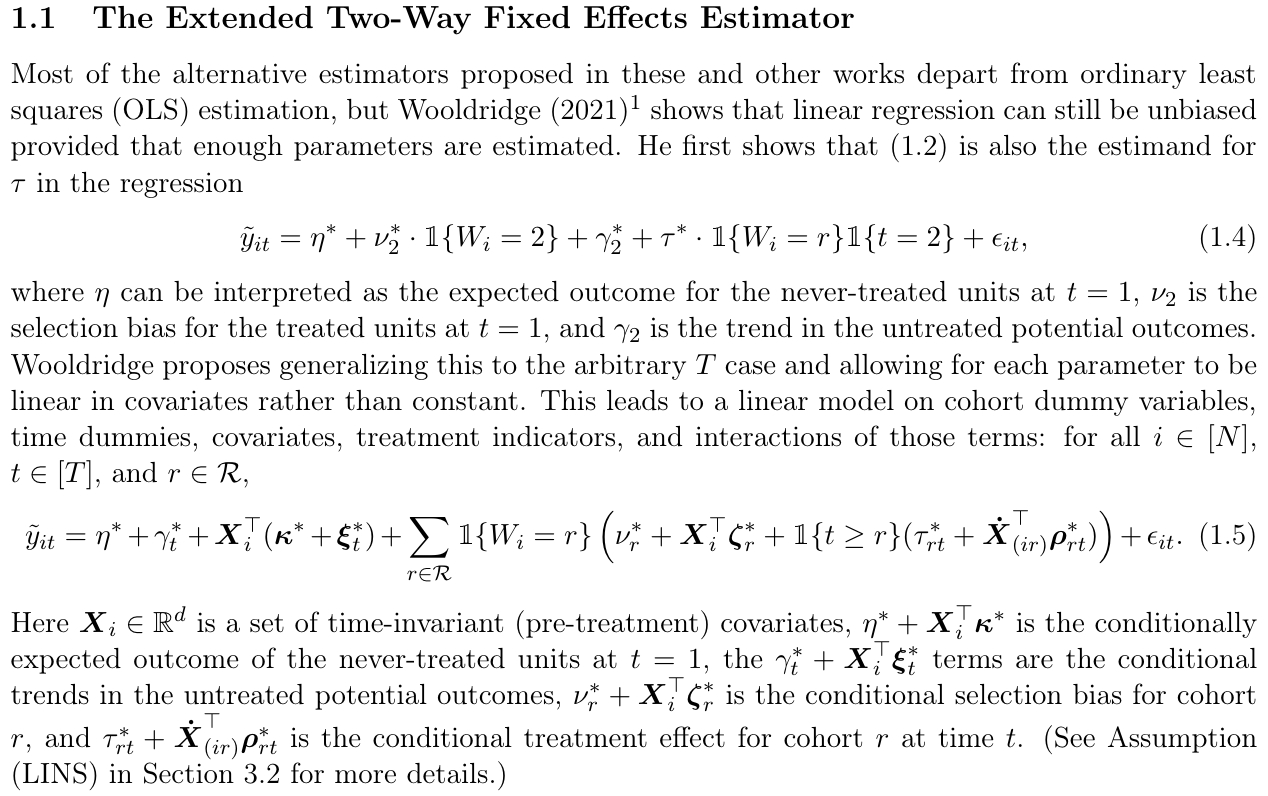
New Draft of “Fused Extended Two-Way Fixed Effects for Difference-in-Differences With Staggered Adoptions”
I’m excited to share that I posted an update to “Fused Extended Two-Way Fixed Effects for Difference-in-Differences With Staggered Adoptions” on arXiv. Mainly what’s new in this draft is added theory, but there are some other minor changes. The most…
Join 900+ subscribers
Stay in the loop with everything you need to know.